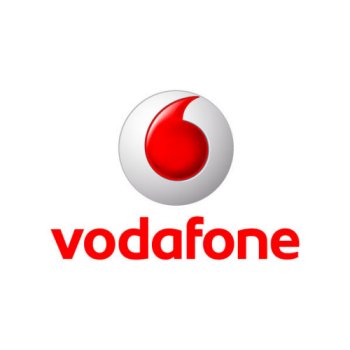|
Smartphone data consumption now higher than Tablet data consumption |
||||||||
A recent report from Arieso shows the changing trends in mobile device usage. Interestingly Smartphone users now consume more data traffic than Tablet users. This is based on a top ten list of devices, order by data usage volume.
The report digs into detail around mobile usage for devices by brand and device type. It also looks at regional fluctuations on usage which give some interesting insight into global data consumption trends.
What's quite interesting from my point of view is the trending of device consumption.
Extract:
Users of the iPhone 5 demand four times as much data as iPhone 3G users and 50% more than iPhone 4S users (the most demanding in the 2012 study). However, Samsung Galaxy S III users generate (upload rather than download – photos, videos etc.) nearly four times the amount of data than iPhone 3G users, beating iPhone 5 users into third place on uplink data usage behind the Samsung Galaxy Note II. And in the rapidly growing tablet market, Samsung Tab 2 10.1 users have asserted their dominance - demanding 20% more data than iPad users.
This information is all based on the user operating the device, but in my experience there are considerable differences in data usage based on mobile OS (and specific version of the OS) and mobile hardware. Saying that an iPhone 5 user is a heavier user than an iPhone 4 user based on the handset is inaccurate. What else is the iPhone 5 doing in the background over the iPhone 4. A considerable amount of network traffic is not generated by the user, or is specifically user initiated.
Think about what happens when you turn on Google location services, or the Apple Facetime service polling monitor. Both of these services are continually polling against the network and location based data systems.
This is not user demand, but device and service demand. I haven't been able to work out from the report yet if this is addressed.
Also if this trend continues, does this spell the demise of the Tablet market, as users become more comfortable with mobile handset browsing?
A full article is here, along with the report: http://www.arieso.com/news-article.html?id=138
|
SMS turns 20 years old today |
||||||||
"On December 3 1992, engineer Neil Papworth sent the first SMS message to Richard Jarvis of Vodafone. It simply read "Merry Christmas", and Jarvis had no way of replying."
The Short Message Service turns twenty years old today. It's hard for us to consider a world without such common technologies as the SMS and easily accessible mobile communications but think about that statement for a second.
SMS is only twenty years old.
Only twenty years ago a technology came along that has radically changed the way people communicate, in both business and social environments. Think how much harder things would be now if SMS wasn't easily available? The most amazing thing about SMS is that is isn't all that complicated in comparison to most smartphone functionality. SMS is accessible to everyone with a mobile, through a common interface. It doesn't require a special network protocol or data system, it is truly available to everyone, all around the world.
Think about the impact that SMS has had on changing the English language, think of how much English has changed due to the short nature of messaging, look at terms we are all familiar with now (Lol, BRB) that have come around specifically due to human interaction with the SMS technology.
From its humble beginnings things have changed. People are innovators, and they have driven the SMS message on to greater and greater things, like MMS and now modern messaging services like WhatsApp and Skype. These are all essentially driven from the SMS concept.
You can read a lot more information about the background of the SMS here, from the Telegraph:
Or the Guardian:
http://www.guardian.co.uk/technology/2012/may/06/sms-text-messages-20th-birthday
My thinking is that the mobile landscape is still a very new and exciting environment. The technology landscape is still forming and innovations like SMS are frequent and game changing.
The coolest thing about SMS technology for me? Working for the company that made SMS a reality, and that 4 billion people use every day.

|
How to report mobile spam SMS messages |
||||||||
Nobody likes spam communications, especially spam SMS messages. One of the things I was unaware of until recently was that there is a short code that you can forward spam texts on to.
I've had this info through from Vodafone but I've been lead to believe that it is in industry wide use.
Just forward your spam messages to 7726 (this spells out SPAM on your keypad) and your network will deal with them. Forwarding to this number is free, so it won't cost you anything. Everyone complains about spam, now we can collaboratively help reduce it, after all if we don't tell the mobile operators about it how do they know its spam?
|
Samsung TouchWiz bug found and squash – in a day |
||||||||
Yesterday (Sept 25th) news site across the web were buzzing with the news that an entrapeneuring type had managed to find an exploit in the Samsung Touchwiz software. It basically allowed foreign code to be run on the phone, without the users authorisation or prompting, that formatted the handset.

You can read more here:
By today (Sept 26th) the same news sites are reporting that Samsung have fixed the loophole and are urging users to download the fix for it. So if you are running a Samsung handset then go check for system updates.
That sort of timescale for bug fixes is admirable, whoever you are.








